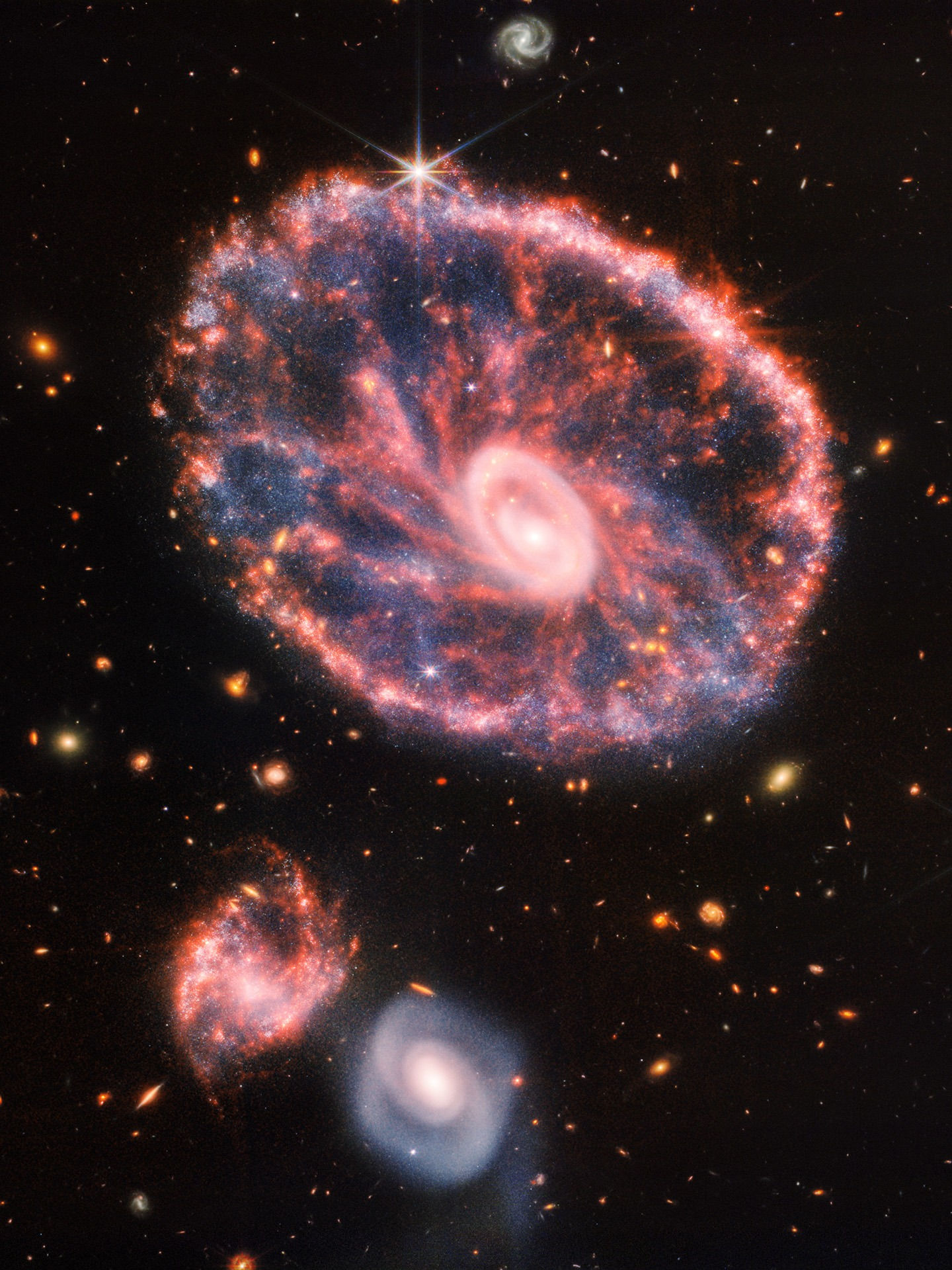A Mathematical Point is the Worst Nightmare for a Physicist. Here is Why:
- Prof.Smith
- Sep 24, 2019
- 2 min read
Updated: Feb 27, 2023
From the Big Bang and black holes, to the most elementary particles of nature, and classical electromagnetism a point particle has always been a source of the most intense headaches for physicists. The reason is that in the first place it can't exist in nature and it implies infinities: Infinite densities, distances, temperatures... and at the end of the day unpredictability and theory collapse.

A fractal (picture above) is a good logical equivalent for a mathematical point, as it becomes arbitrarily small.
According to the currently accepted theories even the Universe itself was a mathematical point before 13.8 billion years, which is of course crazy and hard to believe. It just signifies that our currently accepted theories are wrong. When we assume an electron as a point particle it is also inevitable that we will run into infinite troubles as we get closer to it. For mathematicians however a point particle is the most perfect ideal state. They are not bothered by the idea that a point particle does not exist in nature. They only need three mathematical points to define a triangle, and that's all. It is no wonder that often physics is considered more difficult than mathematics by many students. Mathematics can't be wrong, but physics is a work in progress, with inevitable hidden rooms and dark places that nobody dares to speak about. It is the nature of humans that they rarely admit their ignorance and they always try to come up with an answer even if this answer is going to be unreasonable. This is a natural way of improving our sciences, however there must be a clear distinction between our best guess and the objective truth. Every massive star in the Universe will transform into a mathematical point (black hole) within a few million years according to General Relativity: The theory does not take into account the intrinsic properties of matter, only gravitational fields. Mathematical points today remain at the heart of our ignorance, although we believe that they only signify our ignorance and that they simply don't exist in nature. Although a black hole appears to be something large, it is in essence a point in spacetime (according to the theory of general relativity). [Artist's impression below]































































































Comments